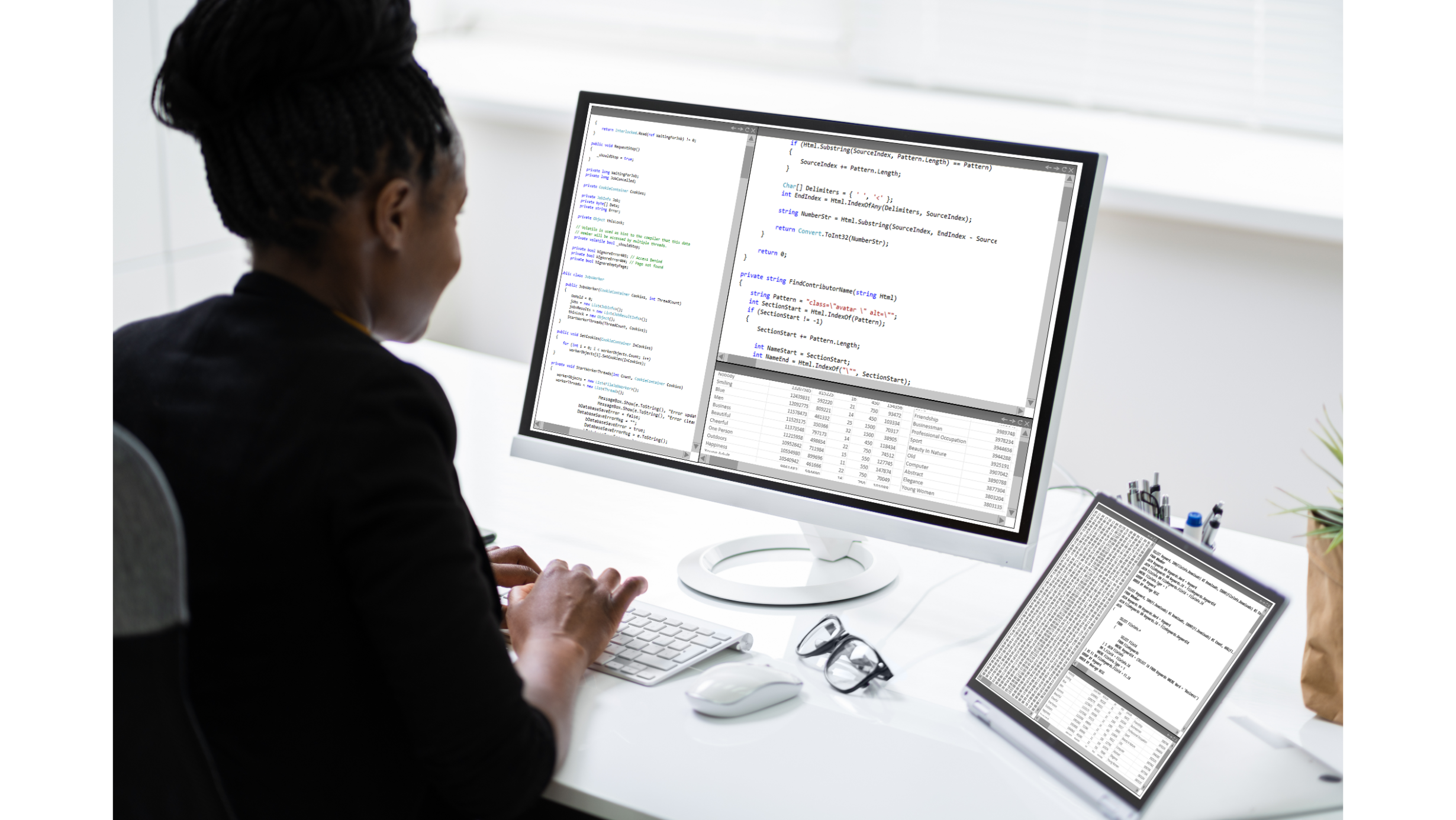
The tech industry has long been dominated by men, with women being vastly underrepresented. This disparity is particularly pronounced in software engineering, where women account for only around 20% of the workforce. This lack of diversity has significant consequences, as research has shown that diverse teams perform better and produce more innovative solutions. One major factor contributing to this gender gap is unconscious bias, which is pervasive in our society and can have a significant impact on how women are perceived and treated in the workplace.
Unconscious bias refers to the attitudes and beliefs we hold about people, often without even realizing it. These biases can manifest in a variety of ways, from the assumptions we make about people’s capabilities based on their gender or race to the ways we interact with them. For female software engineers, unconscious bias can create significant barriers to success, making it more challenging for them to advance in their careers and have their ideas and contributions recognized.
One common form of unconscious bias that affects female software engineers is the perception that they are less technically skilled than their male counterparts. This stereotype can lead to women being overlooked for challenging assignments, passed over for promotions, and dismissed when they assert their opinions. Women may also be subjected to a higher level of scrutiny when it comes to their technical abilities, with their work being more closely examined and criticized than that of their male colleagues.
Another form of unconscious bias that can impact female software engineers is the assumption that they are less committed to their careers than men. This stereotype is often based on the assumption that women will prioritize family over work, leading to a belief that they are less dedicated to their jobs. This can result in women being passed over for opportunities or not being taken seriously when they express an interest in career advancement.
One way to combat unconscious bias in the workplace is to raise awareness of its existence and educate employees on how it can impact their behaviors and decision-making. Training programs can be implemented to help employees recognize and address their biases, as well as providing tools and strategies for reducing bias in hiring and promotion decisions. It is also essential to create an inclusive work environment that values diversity and encourages all employees to contribute their ideas and perspectives.
In conclusion, unconscious bias is a significant challenge facing female software engineers in the tech industry. By becoming aware of our biases and taking steps to address them, we can create a more inclusive and supportive work environment where everyone has an equal opportunity to succeed. By embracing diversity and valuing the contributions of all employees, we can create a culture of innovation and collaboration that benefits everyone.
